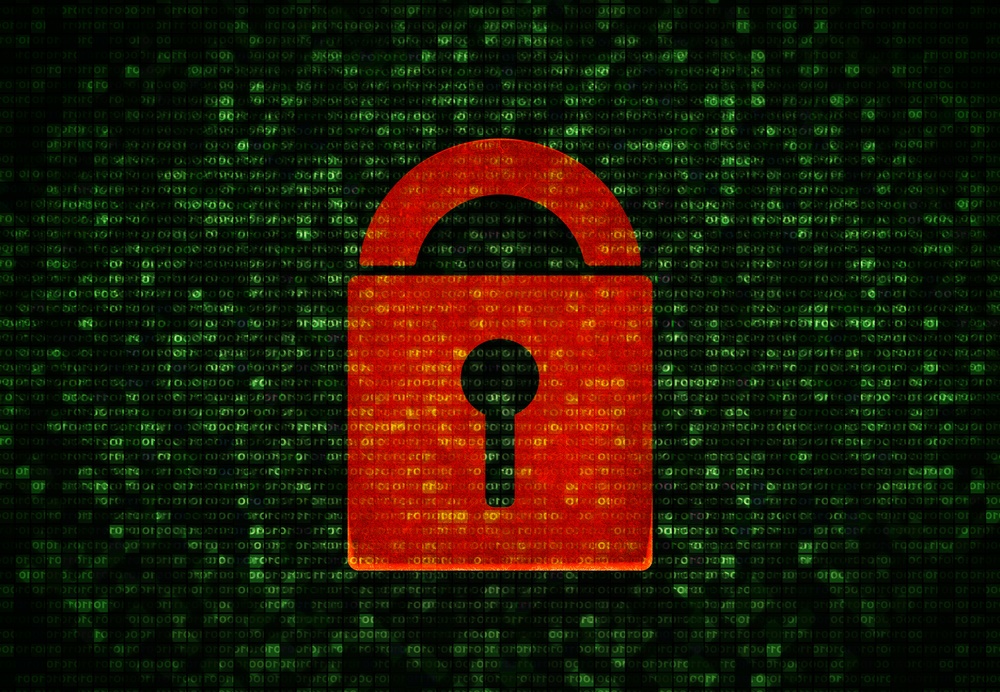Bitcoin Ransomware Extortionists Strike Canadian University & Demand $29,000

Ottawa-based Carleton University in Canada is the latest institutional target of ransomware hackers who struck the university’s IT network, potentially compromising any Windows-based computer with access to the university’s main network. Encryption-based ransomware fundamentally blocks access to victims’ files on local storage media and only allows access when a decryption key is entered, typically delivered in return for a ransom.
The institution’s IT department confirmed the ransomware attack upon its network with a post on social media yesterday at 11 AM local time:
The IT department is recommending all users with Windows systems to shut down their computers.
The alert also added:
Individuals may see ransomware messages appear on their screens, demanding payments via bit coins.
The IT department is urging users to ignore these messages.
The culprits behind the breach are seeking two bitcoins per machine or 39 bitcoins in total (approx. $38,000 CAD or $29,000 USD) to release the decryption keys, according to one graduate student who revealed details of the breach with the CBC .
“Our research is halted right now because all our computers are either shut down or infected,” the graduate student added.
The ensuring disruption has also seen students asked to stay off the university’s Wi-Fi and a host of other services including admissions, payroll and other administrative services impacted. University students are understandably frustrated.
It is yet unknown if the University possesses offline backups for its core network’s data and infrastructure but a later update on the day of the attack revealed that the IT department was working to restore services. It remains to be seen how the university plans to tackle the issue of restoring students’ individual computers connected to the network and impacted by the ransomware malware.
The most recent update from less than 30 minutes at the time of publishing does not make for encouraging reading, as staff and faculty email systems are also presently down.
Image from Shutterstock.